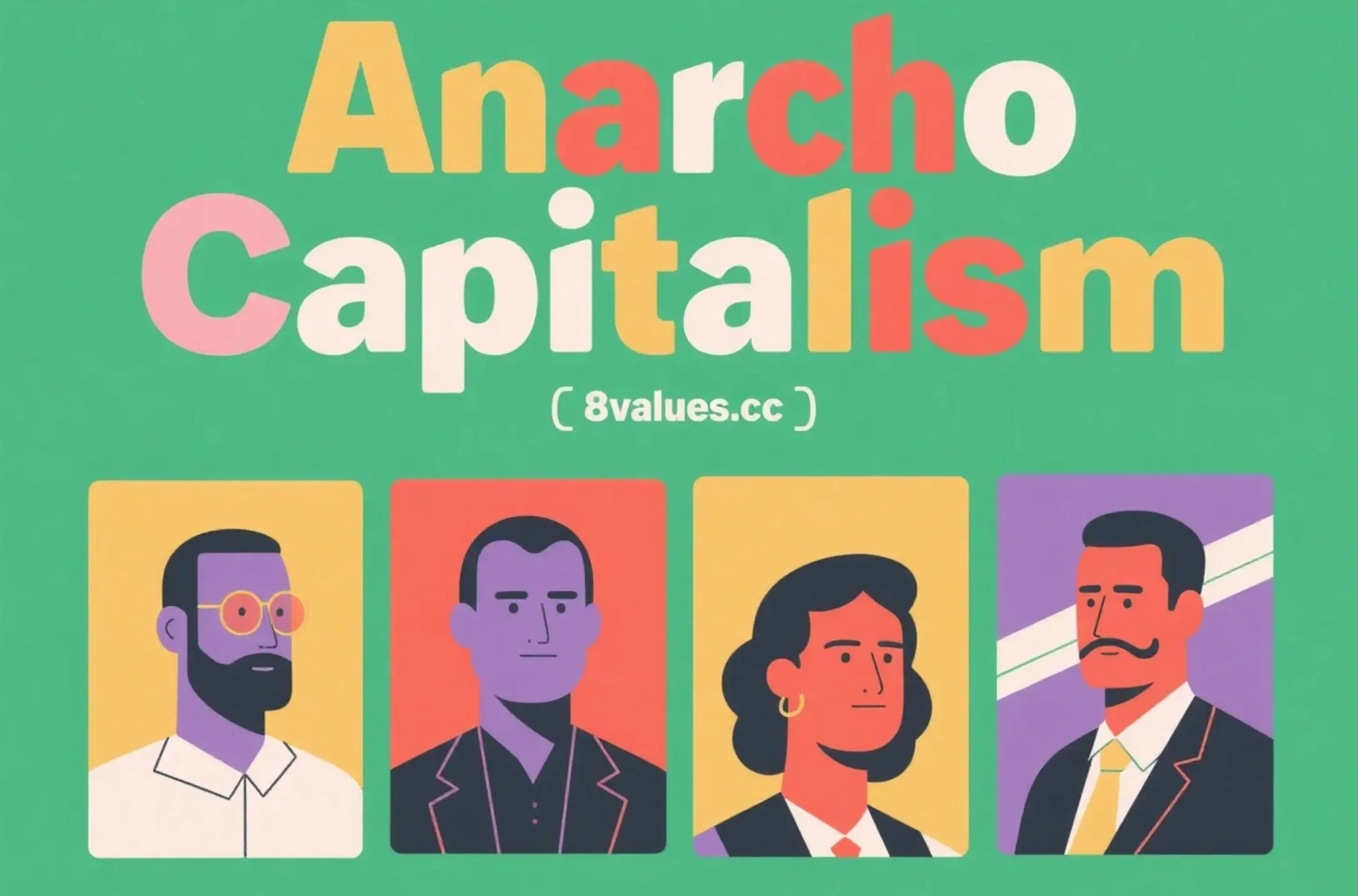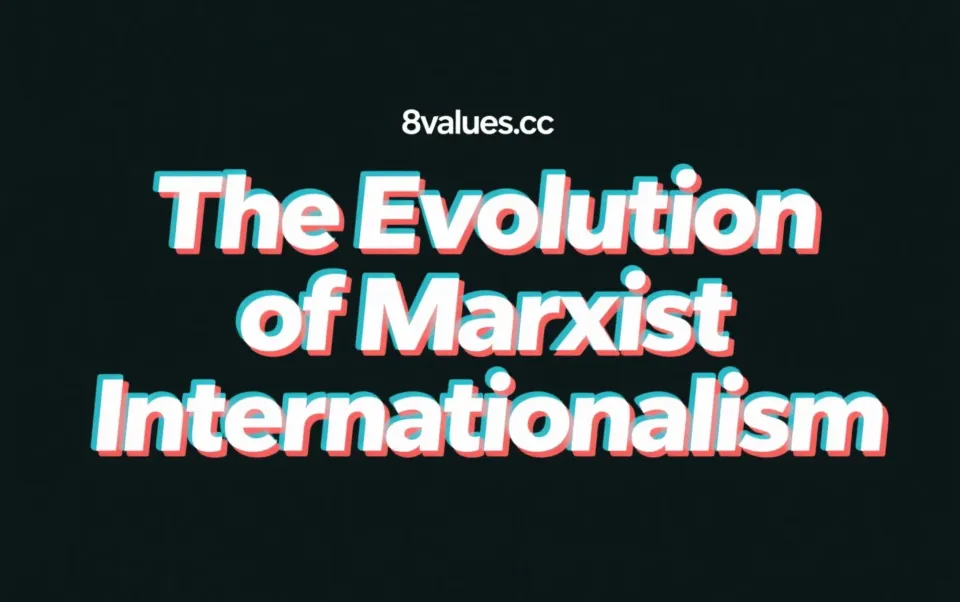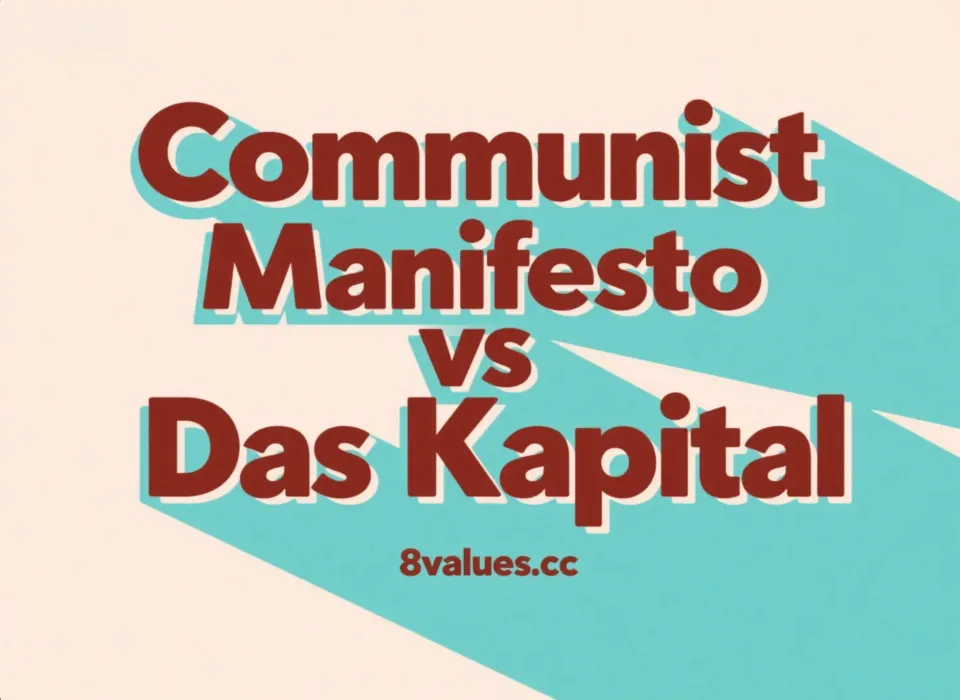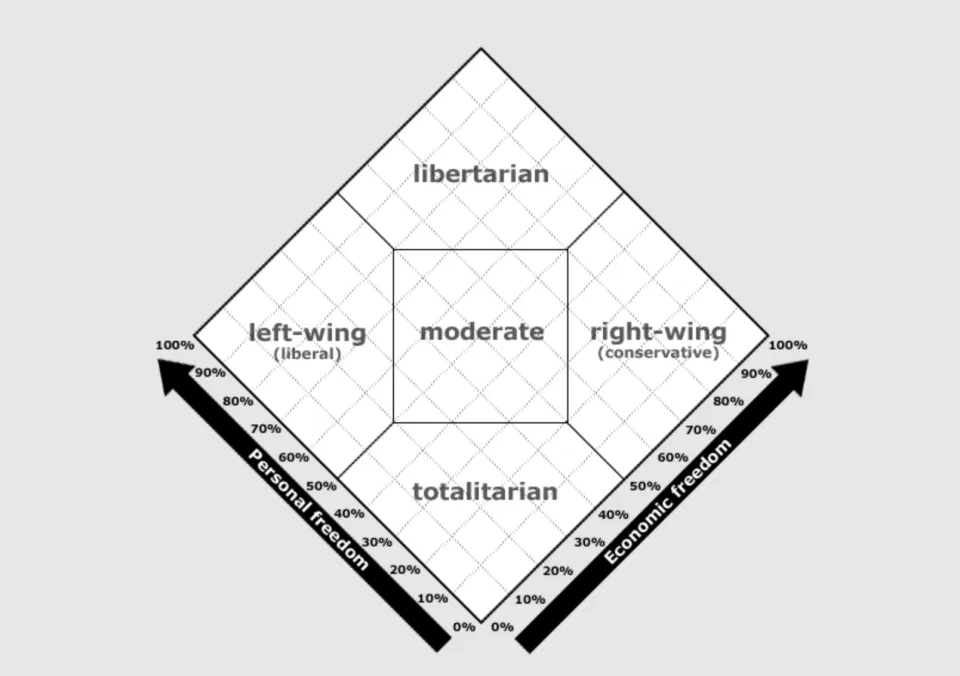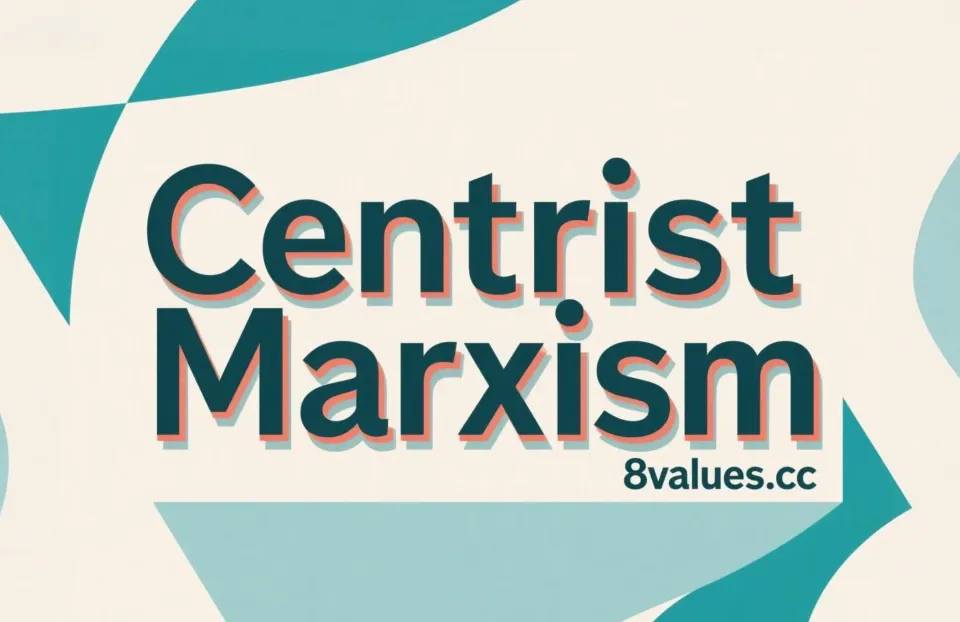Anarcho-Capitalism | 8values Interpretation of ideological ideology in political tests
This article comprehensively analyzes Anarcho-Capitalism's ideas, core concepts, historical origins and real disputes, helps users understand this unique political ideology, and provides 8 values political testing guidance.
Anarcho-capitalism (Anarcho-capitalism) is a political philosophy based on individual sovereignty , emphasizing the prohibition of the use of forced and fraud, and advocating that all laws originate from individual voluntary contracts and property ownership. This article will analyze this ideology in depth from multiple perspectives such as definition, core concepts, historical origins, social operation methods, criticism and controversy, and real-world applications, and further read it in combination with the relevant content of the 8values test .
The definition and core concept of Anager Capitalism
Anage capitalism combines liberalism, Austrian economics, and the concept of 19th-century American individual anarchism, and can be summarized as follows:
- Etymology and Propositions : "Anarchy" in Anarcho-capitalism means "no ruler", emphasizing that society does not rely on state for governance, but maintains order through free markets and contracts. Supporters oppose state monopoly and emphasize laissez-faire capitalist system . For more analysis of free markets, please refer to the 8values Economic Value Test .
- The Principle of Non-aggression (NAP) : It is prohibited to use violence or threats to infringe on the body and property of others. All individuals have full jurisdiction over themselves and their legally acquired property.
- Original Occupation Principle (Homesteading) : Individuals can occupy unused land and form legal ownership through labor mixing. Rothbard stressed that ownership must be based on actual use and labor input.
- Private property protection : Anzi emphasizes that property should be transferred through voluntary exchange or gift, and any form of forced expropriation is illegal.
- Capitalism core : Security capital supports the capitalist order automatically formed by the free market, and believes that capitalism and anarchism complement each other and are indispensable.
The fundamental difference between anager capitalism and traditional anarchism
Although Anzi belongs to the category of anarchism, there are obvious differences from traditional anarchism in several aspects:
- Attitude to capitalism : Traditional anarchism opposes capitalism and class exploitation, while security funds support private property and market profits.
- Views on authority and hierarchy : Security funds allow employment relationships and landlord-tenant relationships to have a hierarchy rather than complete equality.
- Equality orientation : Anzi does not emphasize positive moral obligations and denies positive rights, while traditional anarchism emphasizes social equality.
For more comparisons of different political ideologies, please refer to the 8values ideological results interpretation .
The historical origins and representative figures of Anage Capitalism
Anage capitalist thought draws on multiple schools of influence:
- Classical liberalism : emphasizing individual freedom and limitations of state power, French and 19th-century European thinkers proposed the idea of protecting individual freedom and privatization systems.
- Austrian economic school : such as Friedric Hayek and Ludwig von Mises, advocate market economy and oppose centralization.
- 19th Century American Individual Anarchism : Lesand Sponner and Benjamin Tucker advocated the privatization of labor products and free market competition.
The main theorists include:
- Murray Rothbard : Founder of the modern modern capitalism of Anage.
- David Friedman : A pragmatist, emphasizing market efficiency and outcome orientation.
- Hans-Herman Hope : Propose the ethical defense of "private property anarchism".
The social operation of capitalism envisioned by Anager
The ideal society conceived by the security capital includes the following mechanisms:
- Contracted Society : Everything is based on voluntary contracts, allowing private democracy, republic or monarchy to exist.
- Private services : Government functions are provided by private companies, such as security, legal, military, etc.
- Market mechanism : Competition drives efficiency, and services are regulated by the market.
- Discrimination and social norms : individuals are allowed to choose freely, but market competition will curb serious discrimination.
- Large enterprises and large-scale weapons : The market limits the unreasonable monopoly of large enterprises and the risk of trading large-scale weapons.
For more analysis of market mechanisms, please refer to the 8values Political Economic Test .
Criticism and controversy analysis on Anage Capitalism
Practical doubts
- It may evolve into a chaebolism or feudal system .
- The state may form spontaneously , and market results may concentrate on forming a single power structure.
- There is a free-ride problem for public interest services .
- Large-scale weapons risks and security lack .
Moral doubts
- Ignoring altruism and positive rights is criticized as selfish.
- Property ethical disputes : There are differences in the legality of land and resources.
- Welfare and Inequality : Private charity cannot fully protect vulnerable groups.
Contradiction in terms
- Many anarchists believe that "anachi capitalism" is contradictory because capitalism is inherent in hierarchy, while anarchism advocates the abolition of hierarchy.
Case and literary presentation of Anage Capitalism in the real world
- Theoretical level : mainly stays in utopian ideas.
- Literary works : such as Robert Heinlein's "The Moon Is a Strict Master" embodies rational anarchism.
- Historical cases : medieval Icelandic autonomy system, economic experiments in local areas of modern Somalia.
Summarize
Anage capitalism is a unique free market and individual sovereignty political philosophy , with the principle of non-aggression as its core, advocates the abolition of state intervention and the implementation of a private contract society. It has fundamental differences with traditional anarchism in terms of capitalist attitudes, egalitarianism and social hierarchy concepts, and is questioned in practice, morality and terminology. Understanding security not only helps to participate in the 8values test , but also deepens awareness of political ideological diversity.
Through the interpretation of this article, you will fully grasp the core concepts, historical origins, social ideas and realistic disputes of Anager capitalism, and can further explore personal political stance based on the 8values test results .
